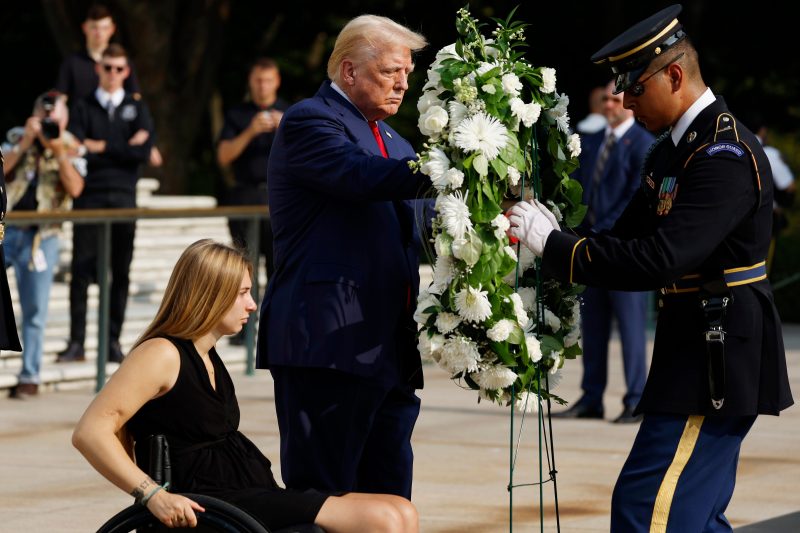Amid the cacophonous rally cries and campaign trail narratives, a significant point of contention between retired President Donald Trump and Vice President Kamala Harris reverberates; military strength. Both political heavyweights are consistently positioning, and repositioning, themselves as superior leaders who can deliver an amplified military might to safeguard American interest globally.
Firstly, it’s crucial to examine Trump’s stance on military strength. Unsurprisingly, he frequently touts his tenure as a period that saw unprecedented military strengthening. Characteristic of Trump’s approach were higher defense budgets, bolder rhetoric, and the push for innovation in military warfare. From his first budget proposal, it was clear that his administration prioritized military buildup. Trump sought after and attained significant jumps in defense spending, arguing that this would engender a more lethal, resilient, and agile military set to dominate any battleground.
While Trump’s tactic emphasized brute force and the raw power of an increased military budget, his decision-making strategy was to some observers controversial. His controversial decision to withdraw troops from Syria and Afghanistan and his often tense relationship with NATO allies serve as exemplifications of this.
The trajectory of Trump’s militaristic presidency irrevocably contrasts with the rhetoric and approach of Vice President Kamala Harris. She arguably represents a more nuanced, diplomacy-philic perspective on military strength that looks to build partnerships and collaborations in tackling global issues rather than solely emphasizing an aggressive show of force. Harris espouses an idea of strength that incorporates soft power and diplomacy as useful tools in achieving United States geopolitical objectives.
Harris is a vocal advocate for a military that’s more responsive to gender issues, racial disparity, and other pressing social matters, suggesting policy areas where the military could model change rather than simply projecting force. It is this social dimension that may strengthen the military from within. Under her perspective, a strong military is not solely denoted by its budget size or its number of advanced weaponry but by its capacity to reflect the values and diversity of the nation it serves.
A prominent feature of her viewpoint is the conceptualization of military strength as a part of an integrated approach to national security that involves not just defense but also diplomacy and development. However, some criticize this stance for potentially undermining the military as a distinct institution or being too cautious in a world fraught with complex security threats.
In the face-off between Trump’s muscular militarism and Harris’s nuanced diplomacy, both figures jockey for the upper hand in shaping the narrative around military strength in America. Trump argues that






























